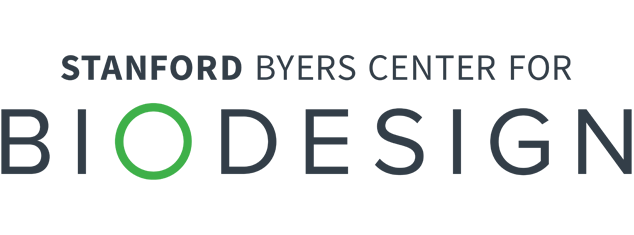Biodesign Fundamentals
Overview
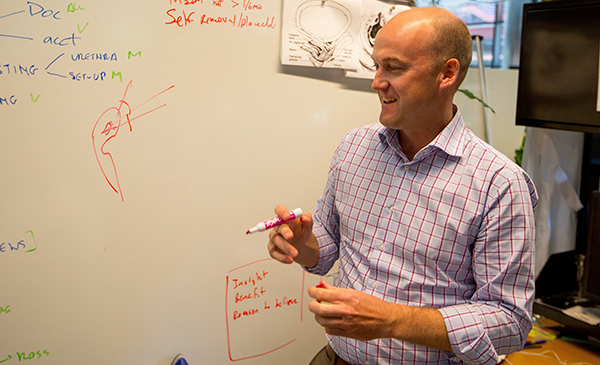
Biodesign Fundamentals is a one-quarter, project-based course that introduces undergraduate students to the biodesign innovation process and exposes them to key issues and trends affecting the health technology field. This course is taught virtually by faculty instructors and a team of student peer mentors from the Stanford Student Biodesign group.
Throughout the quarter, course faculty and guest speakers from the health technology field share perspectives and examples that illustrate critical steps in the biodesign innovation process. Topics covered in class include disease research, competitive landscaping, stakeholder and market analysis, brainstorming, intellectual property, regulatory affairs, and funding approaches.
In parallel, students form multidisciplinary teams, investigate and validate an unmet clinical needs, identify gaps and opportunities in the need area, ideate and systematically select a lead concept to address the need, and determine its feasibility through prototyping and proof of concept testing. Hands-on coaching is provided to help students learn and apply the biodesign innovation process to their projects.
High-performing teams are given the option to continue working on their projects beyond the end of the course through the “Biodesign NEXT" extension funding program. Learn more about Biodesign NEXT.
The next offering of the course is in spring 2024. Apply now!
| Course title | ||||||||
|---|---|---|---|---|---|---|---|---|
| Biodesign Fundamentals | ||||||||
|
||||||||
|
||||||||
| Learning goals | ||||||||
|
What the Students Are Saying…
“It was a great chance to be exposed to new ideas and the process of developing a device. Highly recommend to those with little or no experience in this field.”
“This is a course that teaches you a LOT about the soft skills and business side of engineering and the medtech that most other classes here at Stanford don't teach. Great class!”
Course Leaders
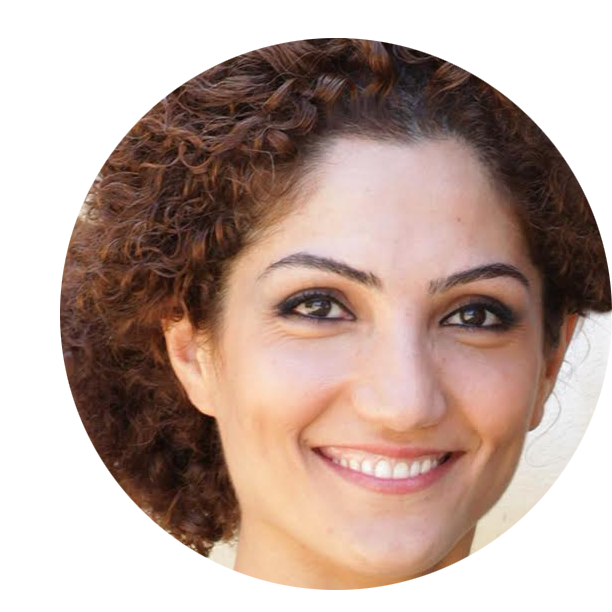 Meghedi Babakhanian Co-Instructor, Biodesign Fundamentals
Meghedi Babakhanian Co-Instructor, Biodesign Fundamentals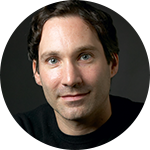 Matt Callaghan Co-Instructor, Biodesign Fundamentals
Matt Callaghan Co-Instructor, Biodesign Fundamentals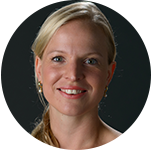 Vivian de Ruijter Co-Instructor, Biodesign Fundamentals
Vivian de Ruijter Co-Instructor, Biodesign Fundamentals Richard Fan Instructor, Undergraduate Programs
Richard Fan Instructor, Undergraduate Programs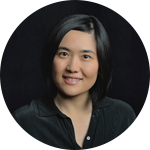 Shiqin Xu Course Manager
Shiqin Xu Course Manager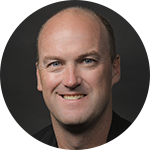 James Wall Assistant Director, Innovation Fellowship
James Wall Assistant Director, Innovation Fellowship
